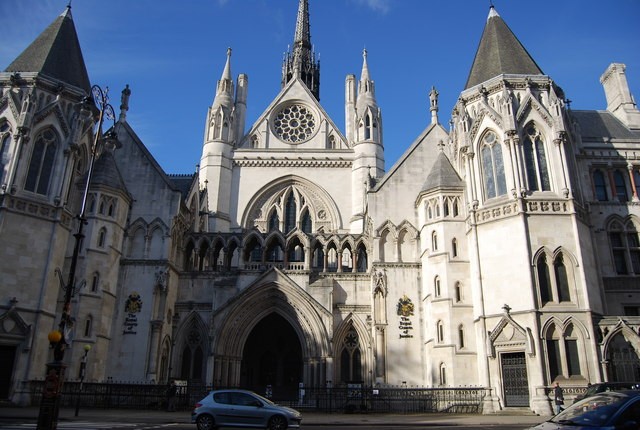By Ashley Young
The Court Of Appeal has rebuked the oppressive behaviour of a judge, by warning other judges not to act improperly in ways that put undue pressure on defendants in court. The high level criticism against the judge used as an opportunity to warn all judges came after a woman claimed to have been subject to ‘improper judicial pressure’ at a family hearing in Sheffield last month.
It relates to a hearing in which Her Honour Judge Elizabeth Carr QC made unopposed interim orders for two young children. The Court of Appeal judgement states that after the hearing finished, the mother ‘became distressed’ at what had occurred.
Lord Justice Peter Jackson criticised the professionalism of HHJ Carr for her poor handling of a case in which she did not allow the defendant an opportunity to properly present her defence. Jackson was critical of Carr for failing to allow the defendant ‘s barrister to present the woman’s instructions. The judgment states that before the mother’s counsel could tell the judge his instructions were to contest the order, HHJ Carr said: ‘…if it is heard today I shall certainly make findings that your client will be stuck with’.
Jackson LJ said the only conclusion the mother could draw from this and similar statements ‘is that the judge had made up her mind and was sure to make adverse findings that would be damaging to her in the long run’.
When the mother’s counsel tried to present a factual aspect of his client’s case, he was ‘met with derision’, Jackson LJ said. HHJ. Carr also ‘made an entirely gratuitous statement that “I shall probably send my findings, if I make any, to the police and require it goes to the CPS and – see what happens”‘.
He said: ‘Judges can, and frequently do, indicate a provisional view to the parties. This is entirely proper and may lead to parties changing their positions. Provided they do so freely (even if reluctantly), there is nothing objectionable about this. However, judges must not place unreasonable pressure on a party to change position or appear to have prejudged the matter.’
Jackson LJ said he regretted that ‘what occurred in this case fell well outside the proper exercise of the court’s powers’. HHJ Carr ‘rightly appreciated’ that the urgent application had to be decided that day. Jackson said he would not have criticised her for considering making a short-term holding order, with evidence to justify a longer-term order being taken later. ‘However, this is not what happened,’ he said. ‘The judge was hearing an application issued that day, with the parents arriving at court for the first time, the social worker and the guardian knowing little of the fraught family history, and the mother being represented by inexperienced counsel.’
The judgement states that before the mother’s counsel could tell the judge his instructions were to contest the order, HHJ Carr said: ‘…if it is heard today I shall certainly make findings that your client will be stuck with’. Jackson LJ said the only conclusion the mother could draw from this and similar statements ‘is that the judge had made up her mind and was sure to make adverse findings that would be damaging to her in the long run’.
Jackson LJ ruled that the material before the appeal court ‘amply substantiates the appellant’s case that her consent or non-opposition to the interim care order was not freely given, but was secured by oppressive behaviour on the part of the judge in the form of inappropriate warnings and inducements.’Mr Justice Moor agreed. He urged courts to be ‘very cautious’ before making reference to the significance of conclusions drawn at the interim stage ‘as such comments may appear to the parents to be a form of pressure’.
The ruling is a blow to the integrity of the judge in question here,,HHJ, and raises alarm bells against judges who hastily give rulings that are prejudiced against a defendant, when the judge’s job is to deliver a fair ruling.




